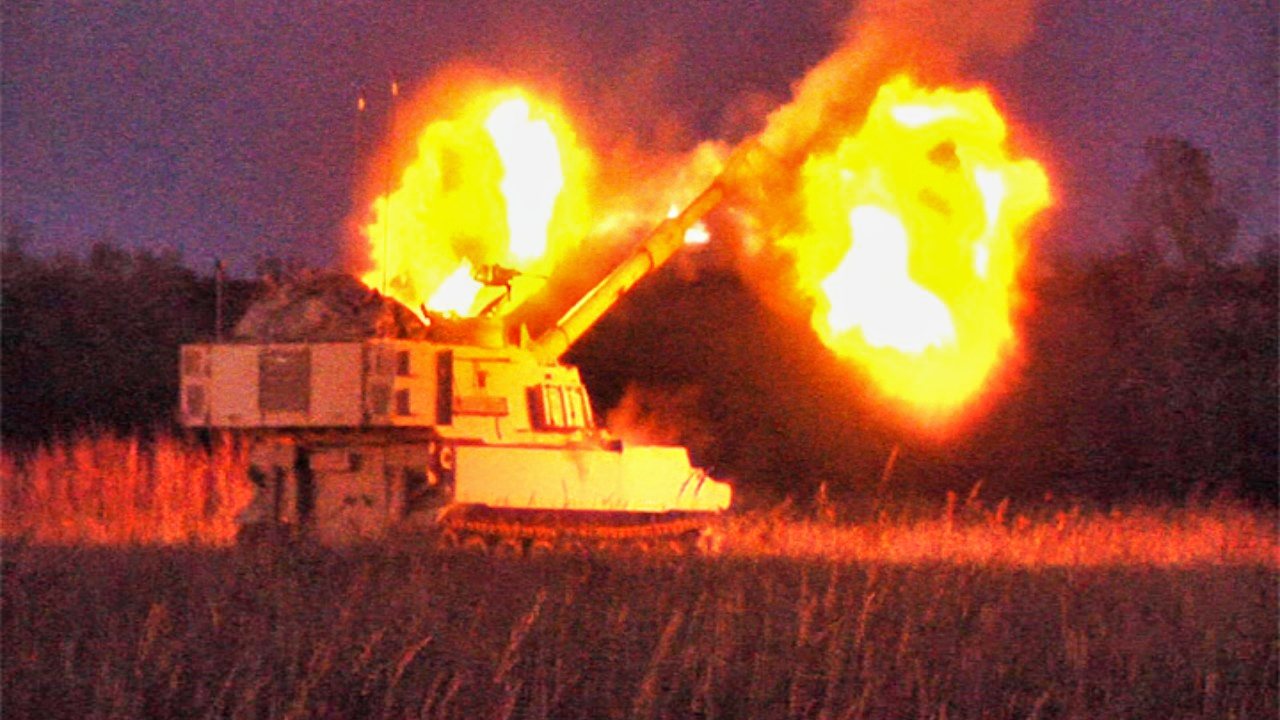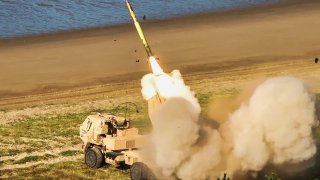The Kursk Offensive Is No Game Changer for Ukraine
From this perspective, Kursk should be seen for what it is, an attempt to redirect fighting away from a theatre that they are losing. They are not undertaking the Kursk offensive from a position of strength but of desperation.
While the world has been captured by the daring and innovative maneuver tactics of the Ukrainian army and their Kursk offensive, the battle in the Donbas continues to be in Russia’s favor. As of August 30th, according to a Newsweek report the Ukrainian army has claimed to have captured approximately 482 square miles of Russian territory. General Sirski, for the time being, seems to have put to rest many doubters from within and without Ukraine. After months of suggesting that Ukraine was switching to a defensive posture, this attack has renewed new enthusiasm for Ukraine’s eventual victory.

The question that must be asked above all else is, has the Kursk offensive changed any of the fundamental disadvantages that Ukraine has been suffering since the start of the war? The answer to that question is an emphatic no.
Why Not?
In short, the Ukrainians are in the unenviable position of trading land they cannot afford to lose, for land they cannot afford to keep. The Ukrainians have had to expend manpower and resources that are hard if not impossible to replace.
The Kursk salient is a constant reminder to the Russian government that they are not invincible and they must therefore expend every effort to evict the Ukrainians. It is also a reminder of the varying quality of defenses along the nearly 1,500-mile frontline with Ukraine. Meanwhile, in the Donbas, the Russian advance continues without any serious delays. The “special military operation” slowly inches forward towards its goal of a complete “liberation” of the Donbas.
Ukraine will unquestionably be in a worse position if the Russians close the breach in Kursk, and still maintain their gains in the Donbas region especially as Russians are on the doorstep of the strategic city of Pokrovsk. The short-term moral boost that has come from launching this attack on Russia will make morale issues within Ukraine worse if they cannot manage to hold onto their gains. Like Icarus full of hope flying to freedom only to plunge into the ocean after flying too close to the sun.
The fact that Ukraine cannot afford to blunt the Russian offensive in the Donbas and continue its excursion into Kursk shows that the Ukrainian army is picking and choosing what to do with its limited troops and armaments. From this perspective, Kursk should be seen for what it is, an attempt to redirect fighting away from a theatre that they are losing. They are not undertaking the Kursk offensive from a position of strength but of desperation. General Sirski’s plan to allow the Russians to bleed themselves white on Ukrainian defenses has failed, and it is Ukraine, not Russia that is feeling the acute pains of manpower shortage
If the goal of the offensive was to encourage Ukrainian western backers to continue or increase their level of support then it doesn’t appear to have worked. As recently as August 17th, the German finance minister announced that Germany would no longer be funding Ukraine from its budget but rather would be using frozen Russian assets.
There have been several variations on a joke going around that says, “Georgi Zhukov appeared to Putin in a dream and said that to defeat Russia’s enemies he must send the bravest Ukrainians to the front”.
Though amusing, I wonder what Eric Von Manstein might say to Zellensky if he came to him in a dream perhaps it would be, “Whatever you do, don’t try to turn the war around with a Kursk offensive”
About the Author:
Matthew Bryant graduated with a B.A. in Global Affairs from George Mason University. He has also studied as a joint Graduate student at the University of Trento & the Higher School of Economics. He researches and writes about the post-Soviet area as well as United States-Russia relations. He has been published in Law and Liberty, The National Interest, and The Realist Review. Follow him on X @Realmofmatt
Image Credit: Creative Commons and/or Shutterstock.


